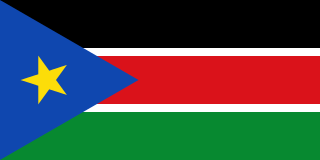
Visa and entry requirements South Sudan:
Passport required
A visa is required to enter South Sudan; the South Sudanese embassy in Berlin is responsible. Since tourism is not possible in this country, visas are hardly issued for it. In general, the visa is difficult to obtain and comes with a number of requirements.
Visa costs: 100 USD
Information from the Foreign Office about your trip to South Sudan:
http://www.auswaertiges-amt.de/sid_5EADA074AC6F68FE8684C968F6B9AFD3/DE/Laenderinformationen/00-SiHi/SuedsudanSicherheit.html?nn=332636?nnm=332636
The youngest and 193rd UN state since 2011 is South Sudan. The African country borders Sudan in the north, Ethiopia in the east, Kenya in the southeast, Uganda in the south, the Democratic Republic of Congo in the southwest and the Central African Republic in the west.
In the north the country is characterized by savannas and dry forests and in the south by tropical rainforest. Therefore, temperatures are high there all year round and it rarely rains. The White Nile flows through the region and, depending on the season, forms one of the largest swamp landscapes in the world with the Sudd River.
South Sudan is estimated to have between 9 and 11 million inhabitants. About 75% of the population over 15 years old are illiterate, around 35% of the population are malnourished and the blindness rate is one of the highest in the world at 1.1%.
Sudanese Arabic and English are spoken in the state, while English is planned to be the sole official language in the future. Unlike Sudan, the population of South Sudan is Christian. The state is rich in mineral resources, especially petroleum, gold, diamonds, silver, copper, zinc and iron ore. The official national currency is the South Sudanese pound.
The capital of South Sudan is Juba with around 550,000 inhabitants. The city is located in the south of the country on the western bank of the Nile. The city's most famous structure is the Juba Bridge over the Nile, the only Nile bridge over a length of 610 kilometers. Apart from a Catholic and an Anglican church, there isn't really much to admire in the capital.
So I wasn't able to do much when I visited South Sudan in October 2017. There is practically no tourism in the country, which is why I limited my trip to one day.
After landing, I took some photos of the airport and the surrounding area as I got out of the plane. Shortly afterwards, however, an airport security officer came and arrested me. It is expressly forbidden in the country to take various photos of airports, government or military installations. The now ten officers around me were all relatively friendly. After a good 45 minutes of excitement, I was only supposed to delete the photos I had taken beforehand.
My second problem was that I was the first tourist in the last five years to manage to enter South Sudan without a visa. The South Sudanese consulate in Berlin rejected my visa application despite repeated requests in various phone calls. On the grounds that there is no tourism here, so we don't need any tourists. Thanks to my many years of experience in Africa, I still managed to get my boarding pass in Djibouti for the flight that I had already booked before applying for the visa. After this further surprise, the officials in South Sudan quickly took away my passport and gave it back to me right before departure.
It was also noticeable that Juba has probably the worst airport in the world, something I have never experienced before. Around 20 pavilions, each measuring 4 by 4 meters, were set up on an area with sandy ground. The floor consisted of broken plywood panels placed haphazardly on top of hollow blocks. As a result, many holes formed in the underground, making it very dangerous for travelers. This fact was actually unacceptable, but luckily it hadn't rained the previous days and a new airport was already under construction. By the way, I didn't see an asphalt road anywhere in the area.
If it cannot be avoided, you should avoid visiting the country as a tourist. Expressly avoid visiting the country.

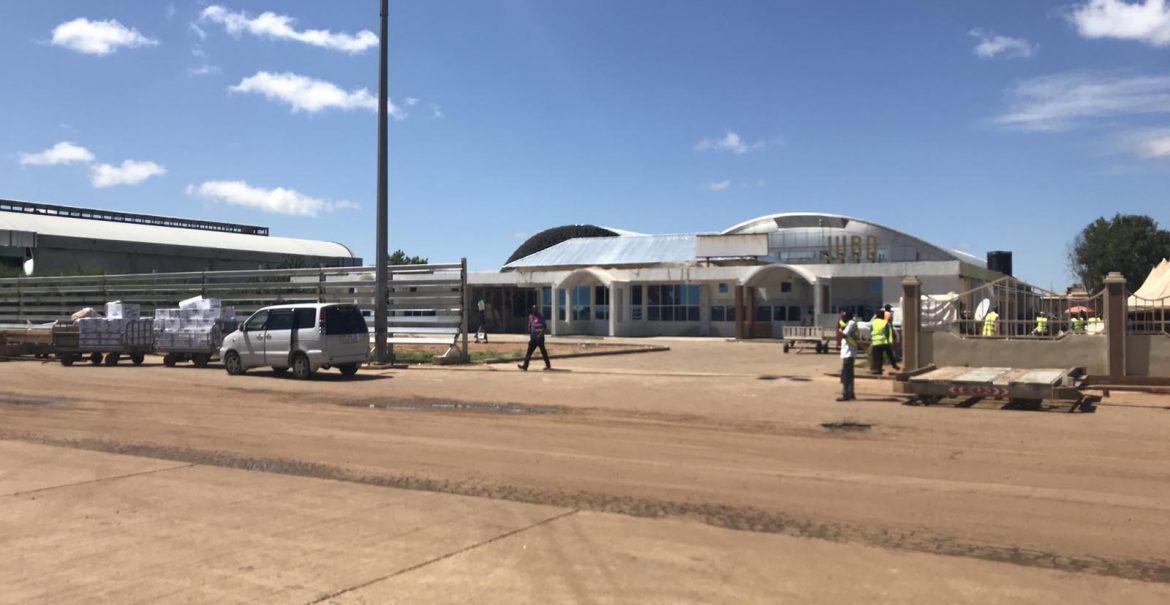
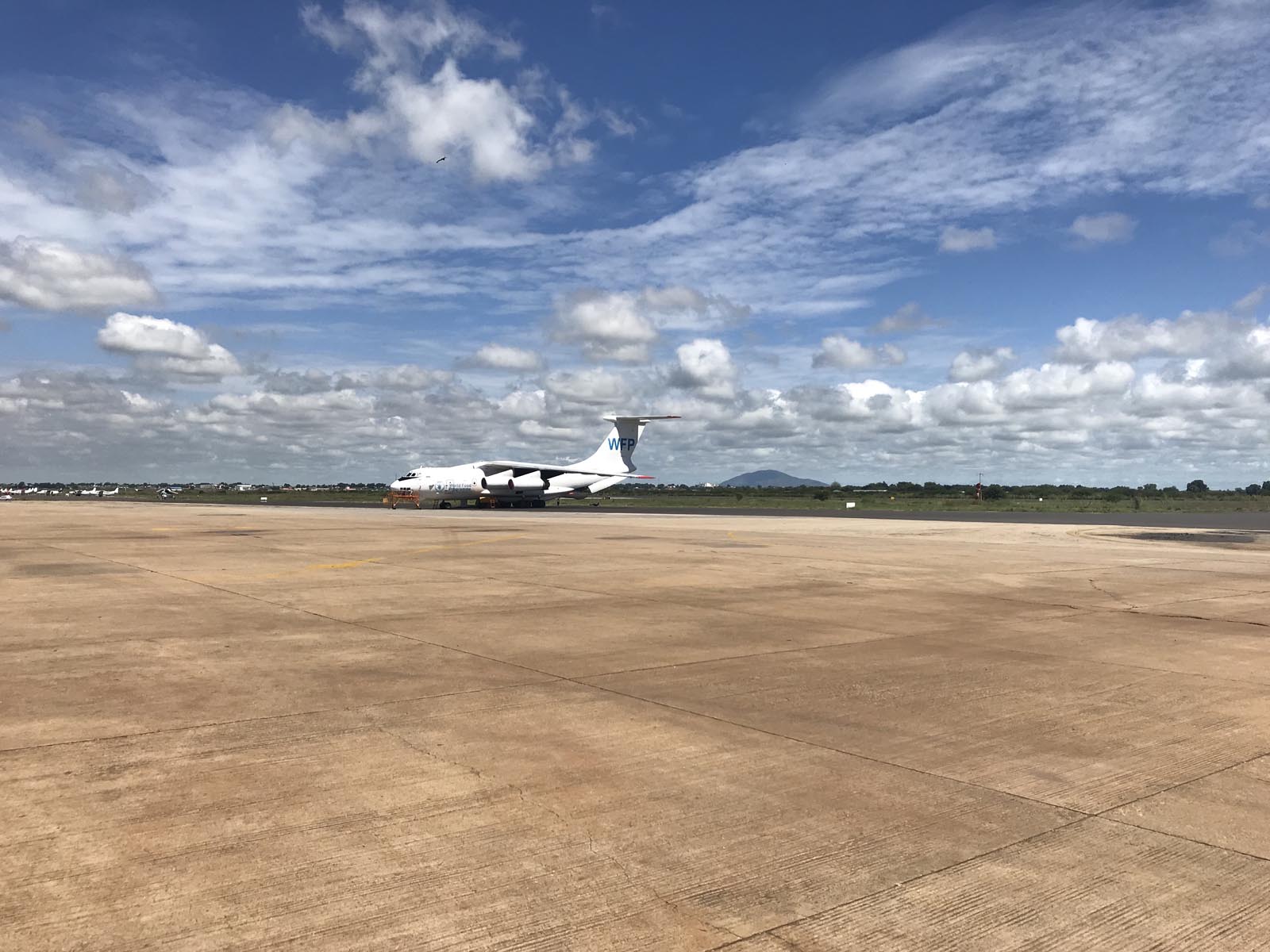
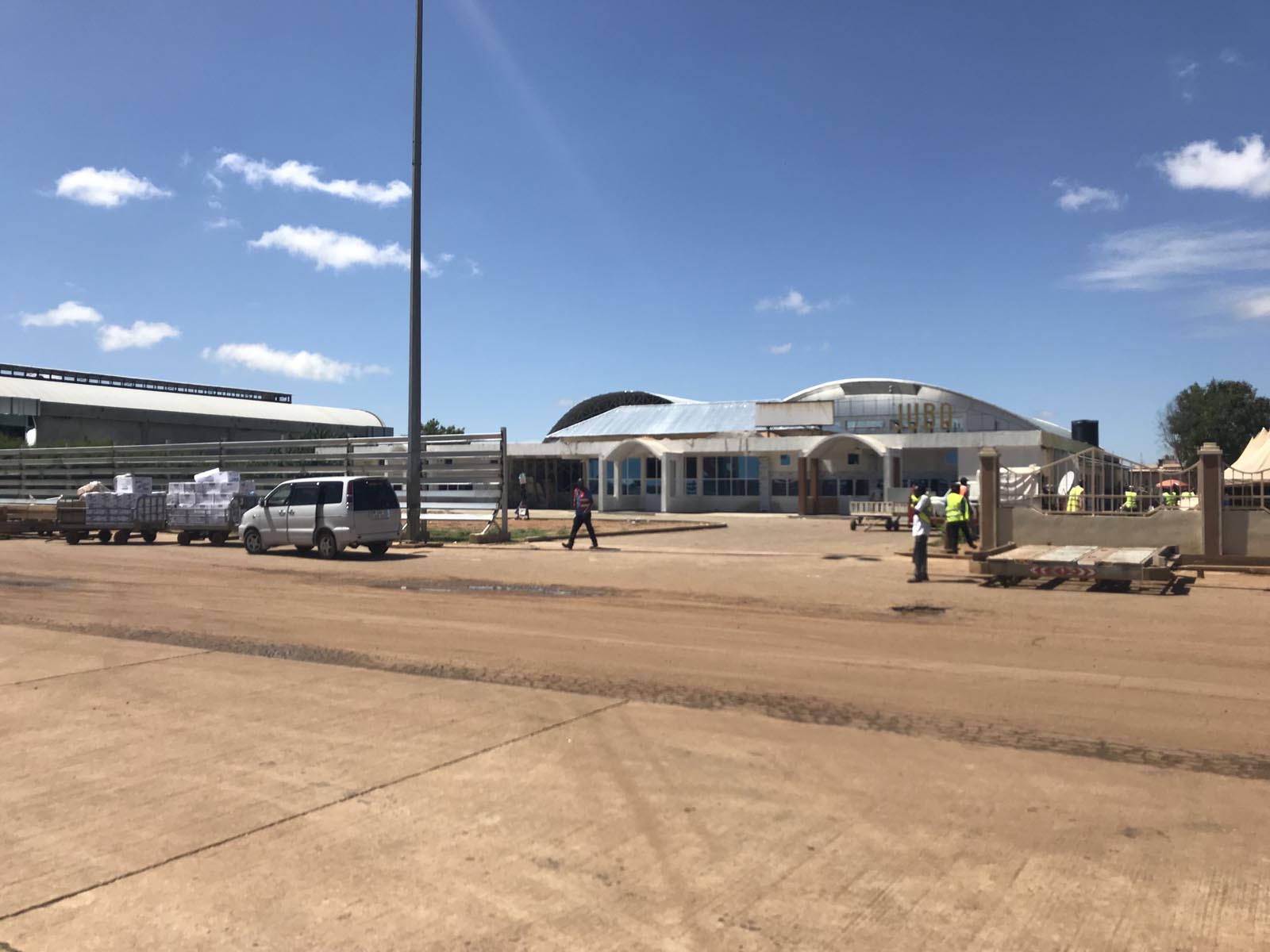
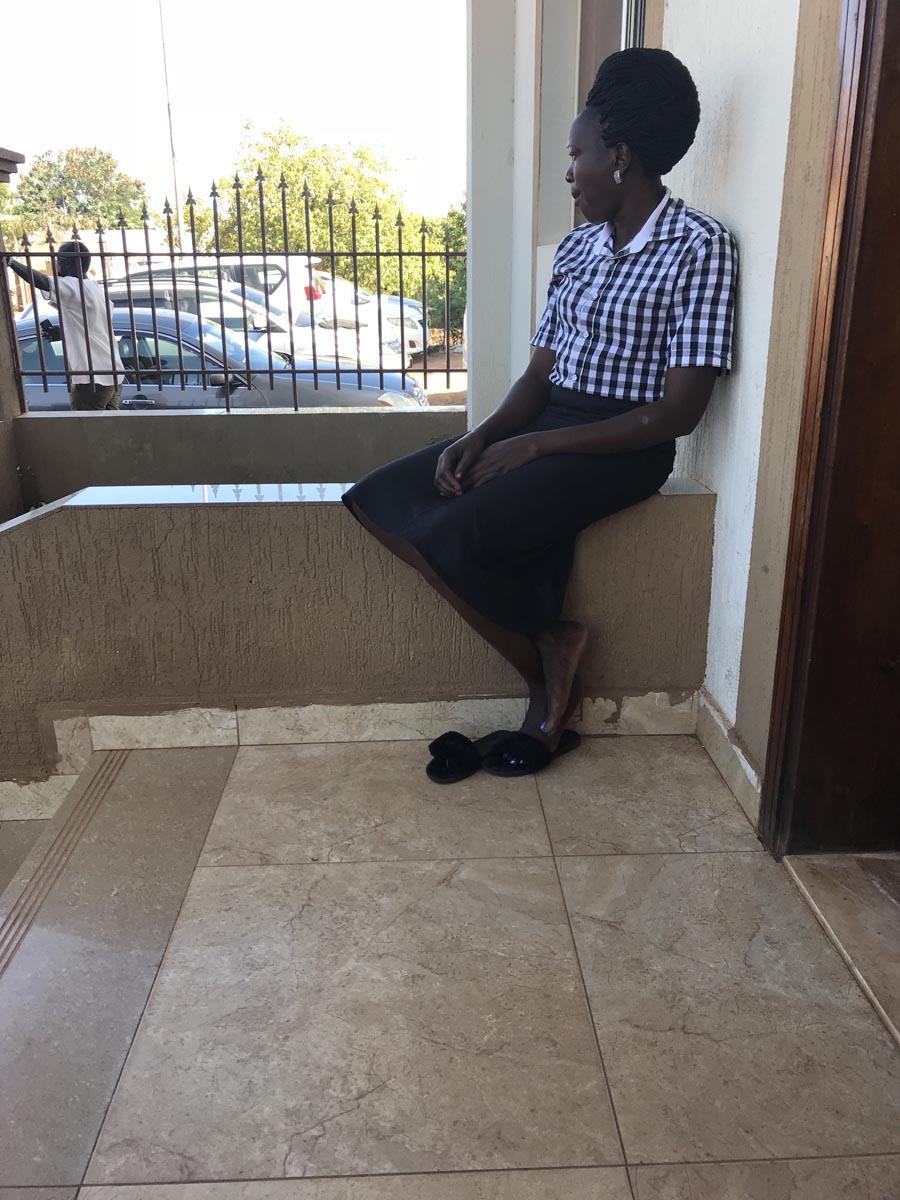
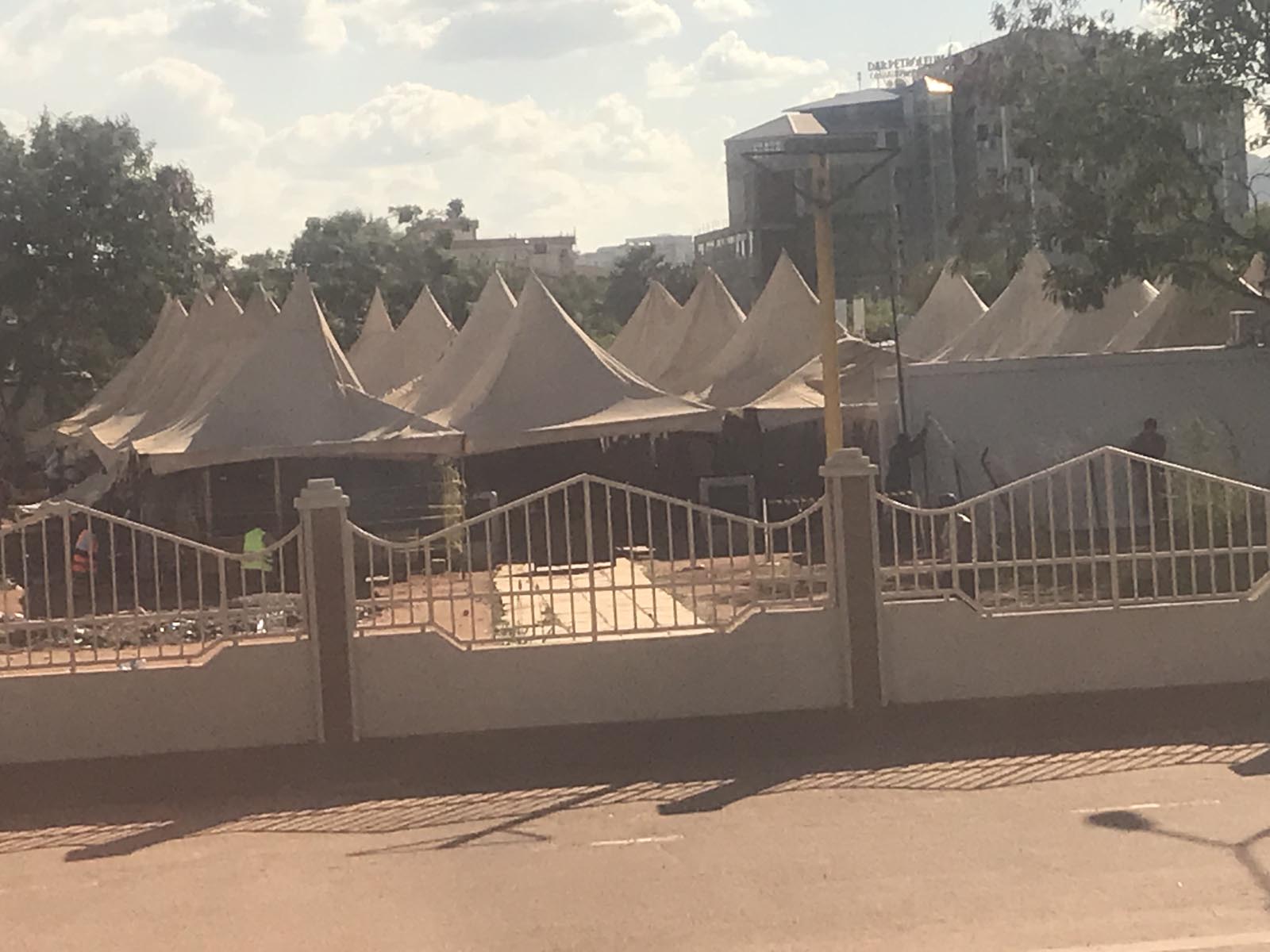
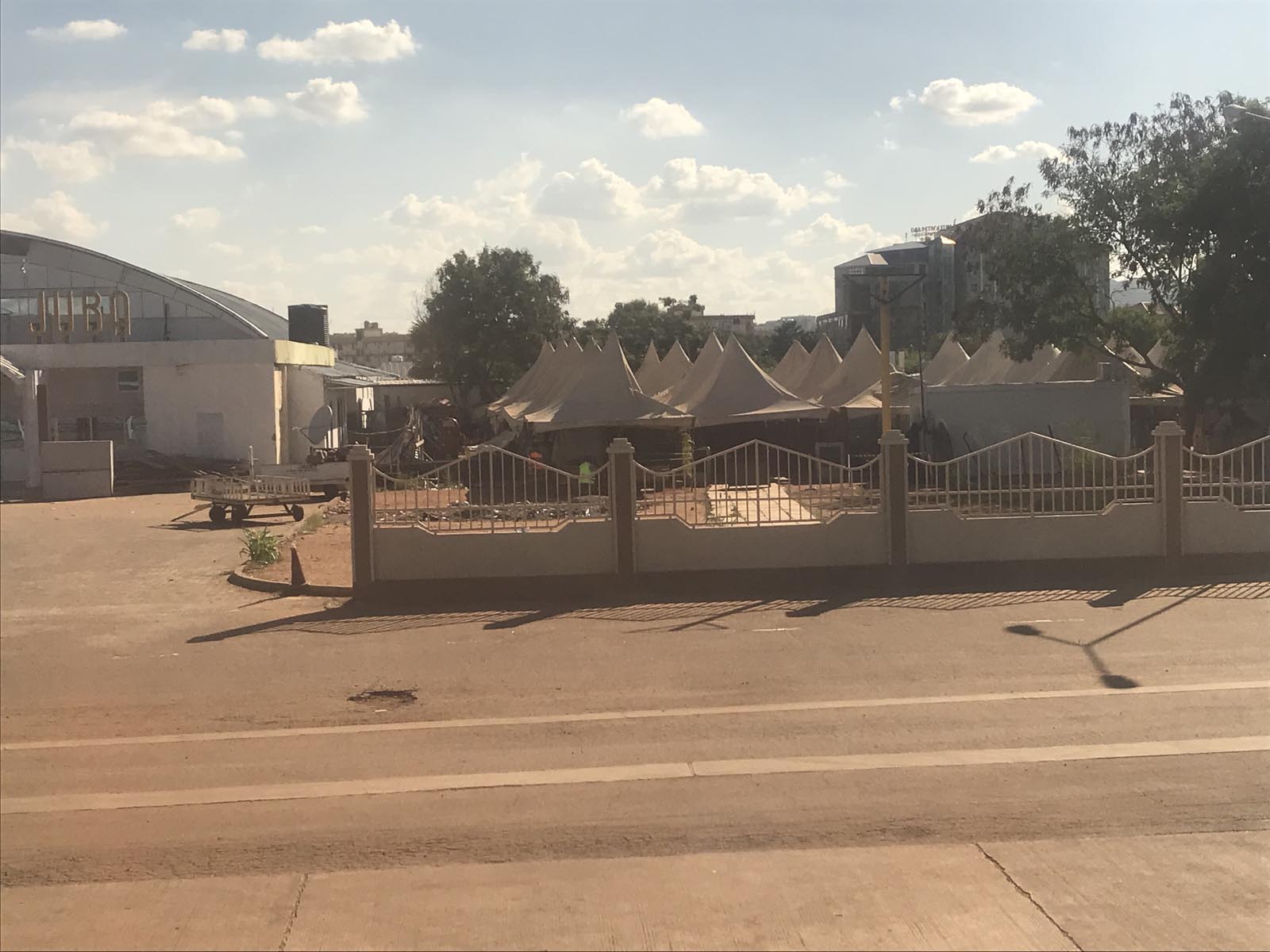
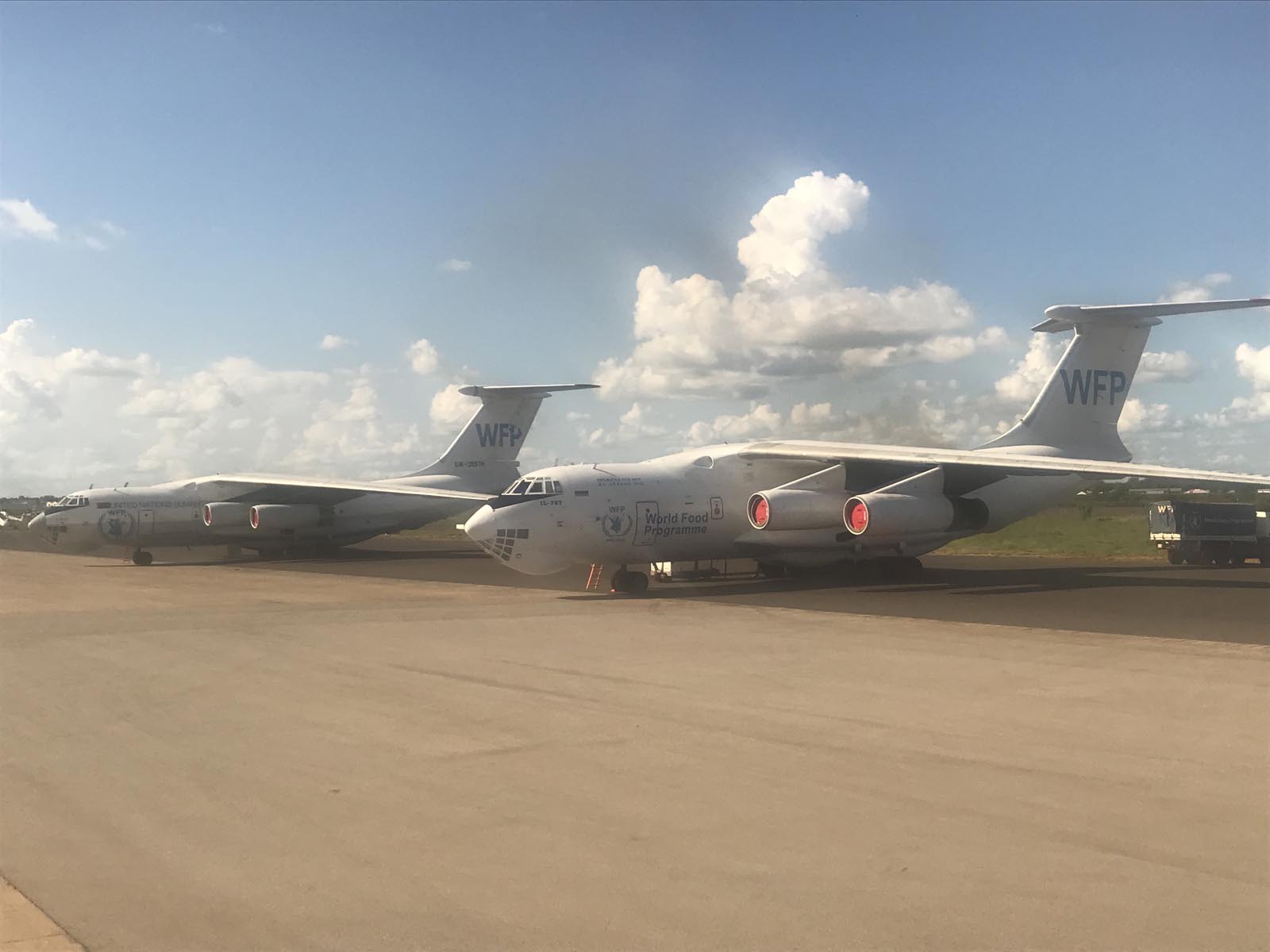
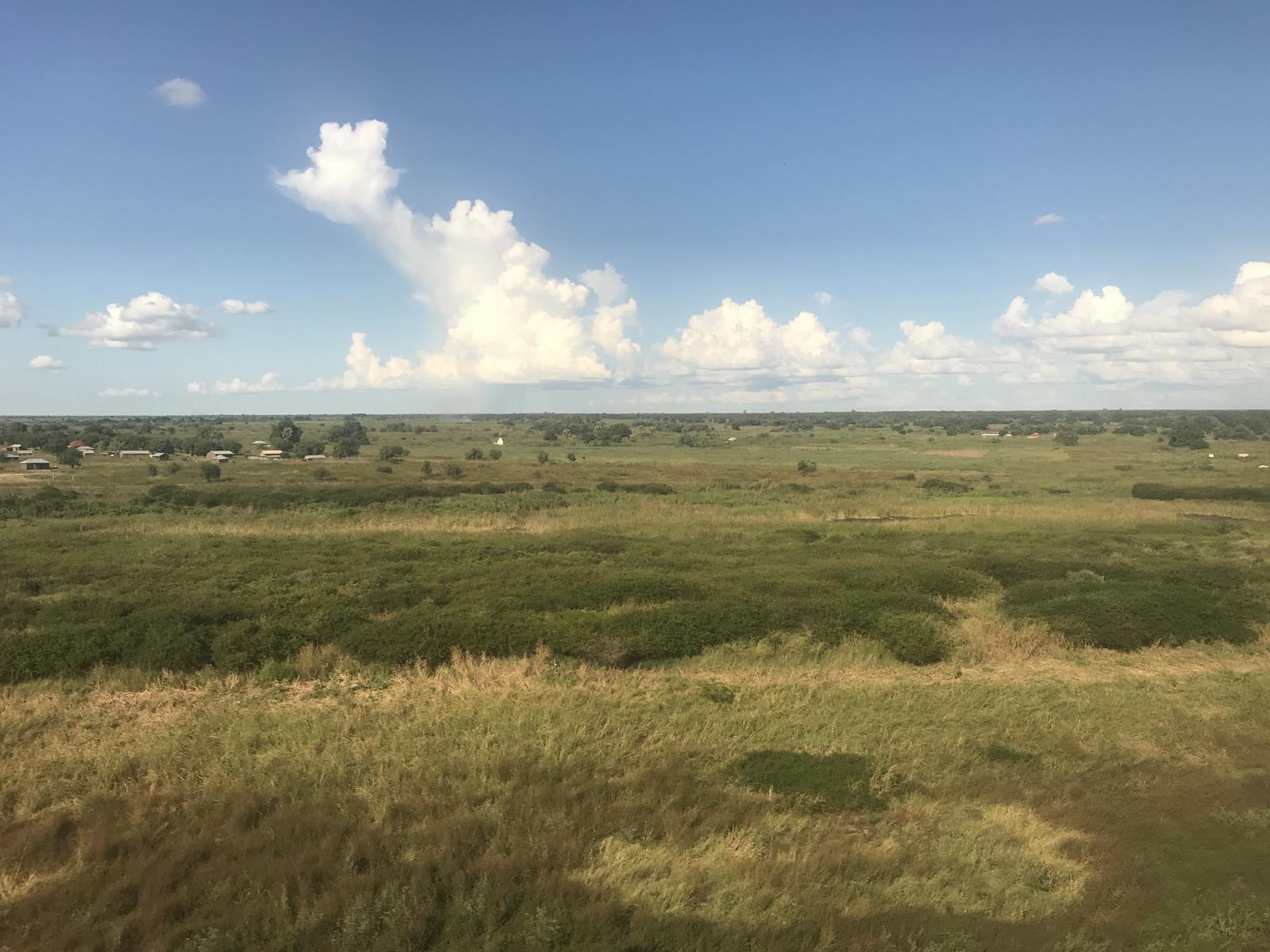
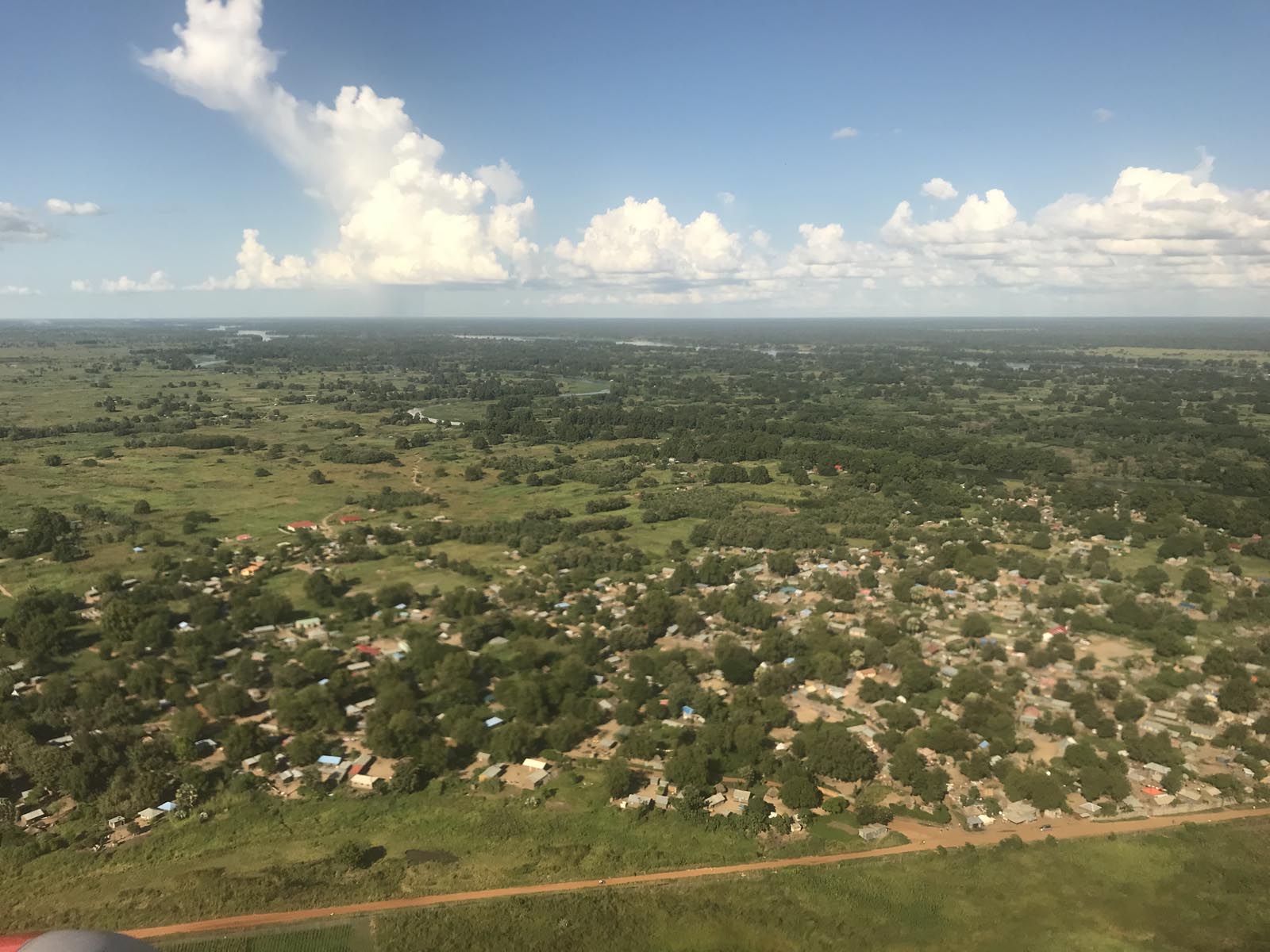
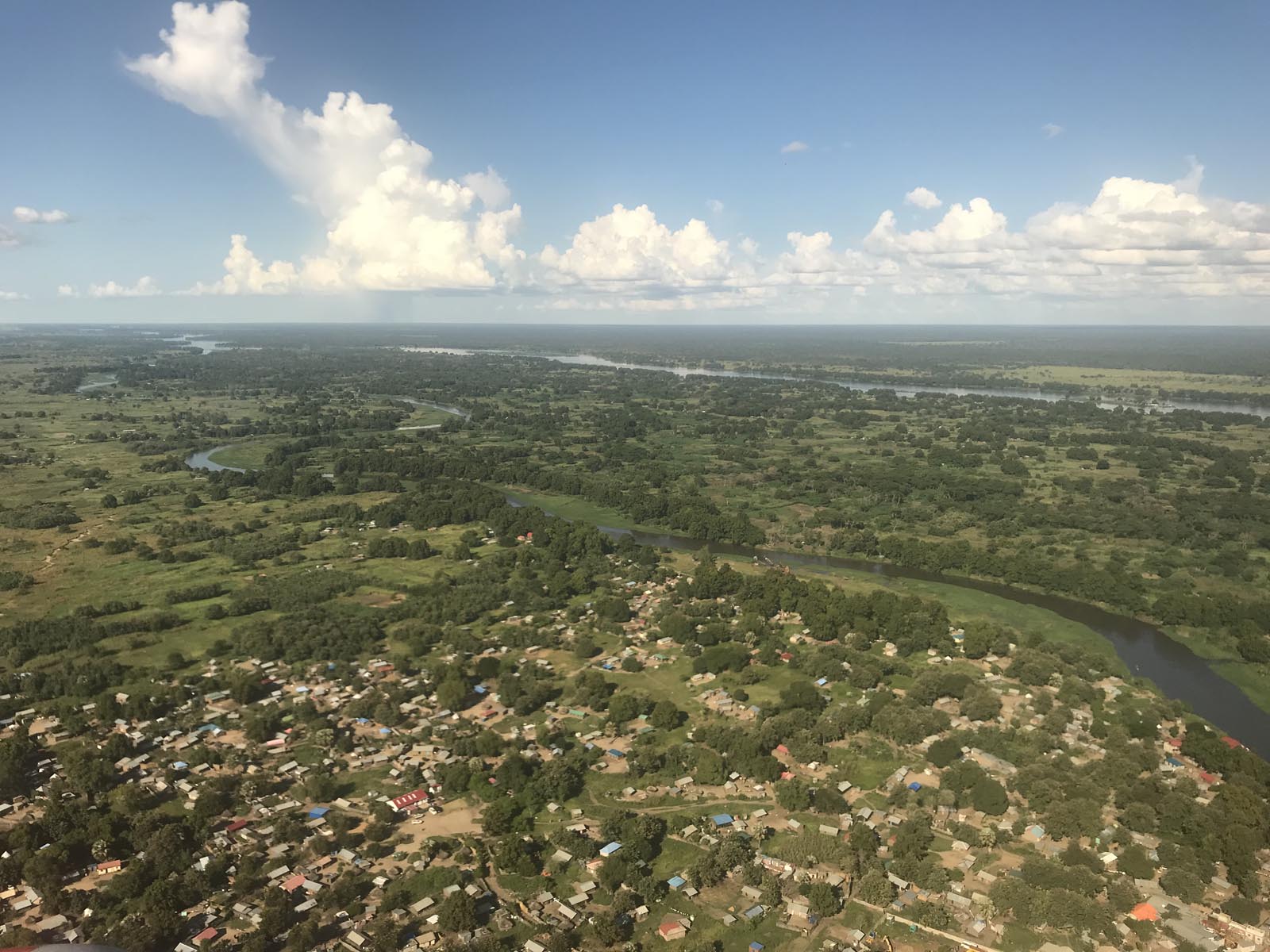
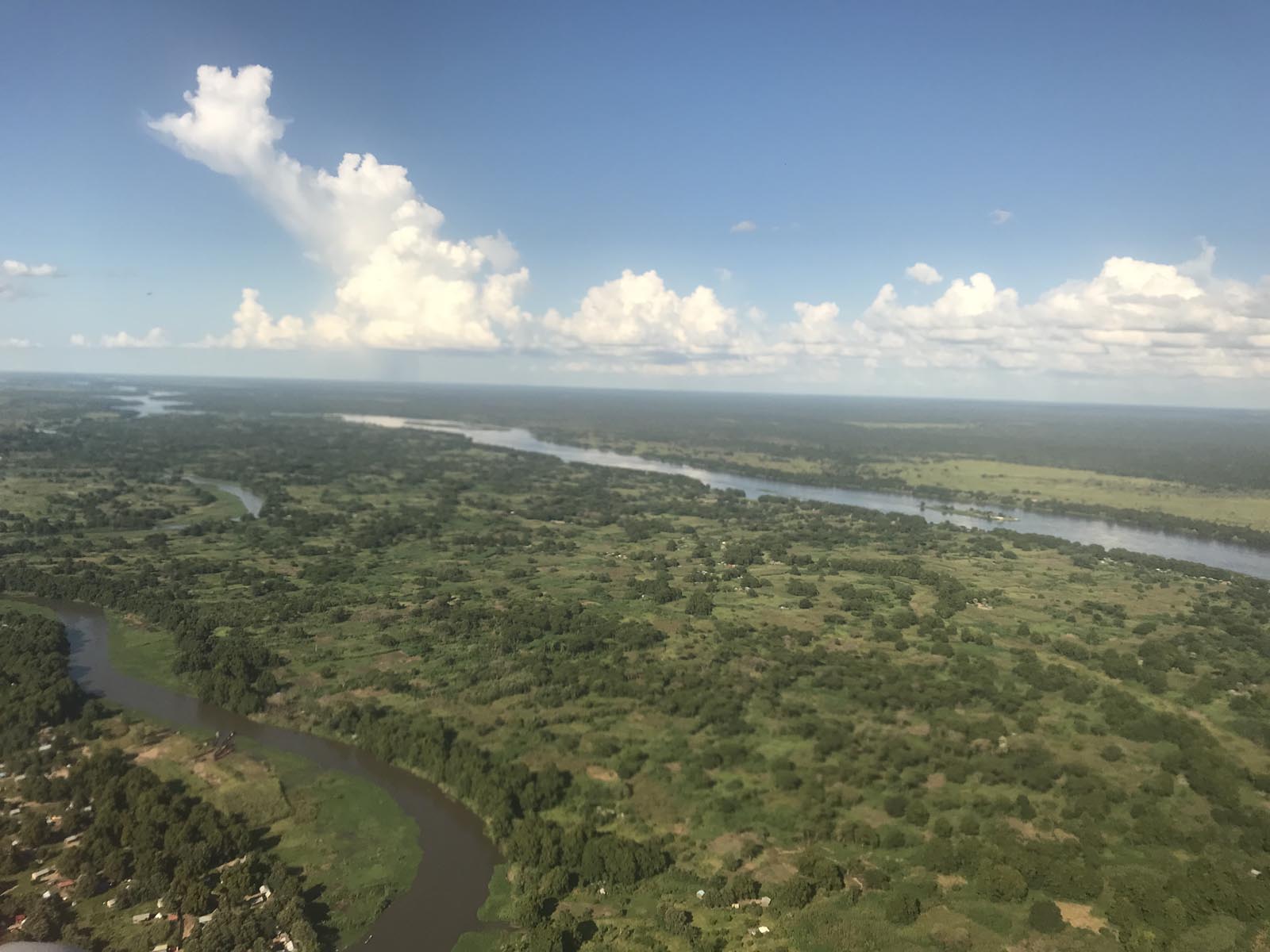
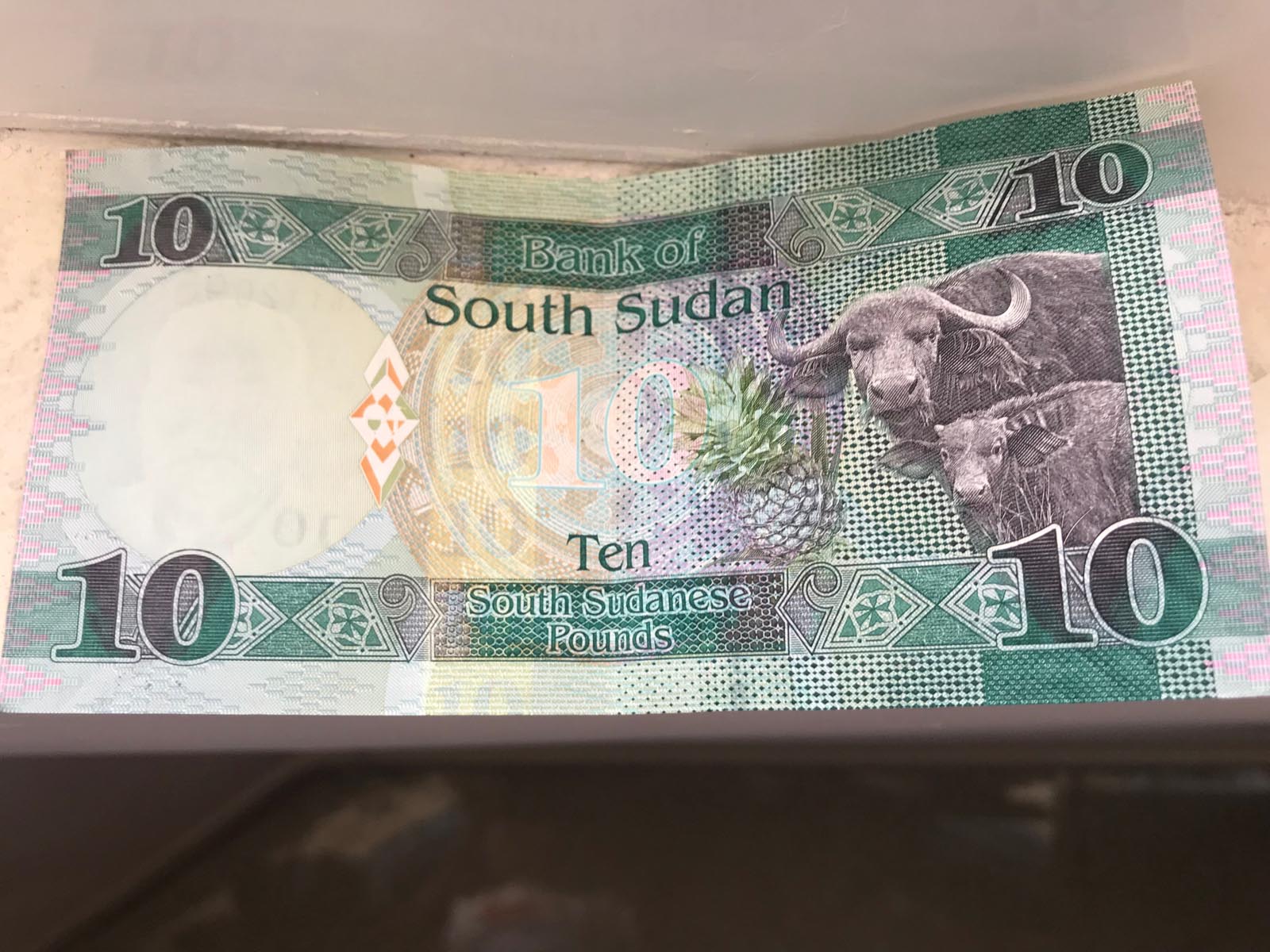
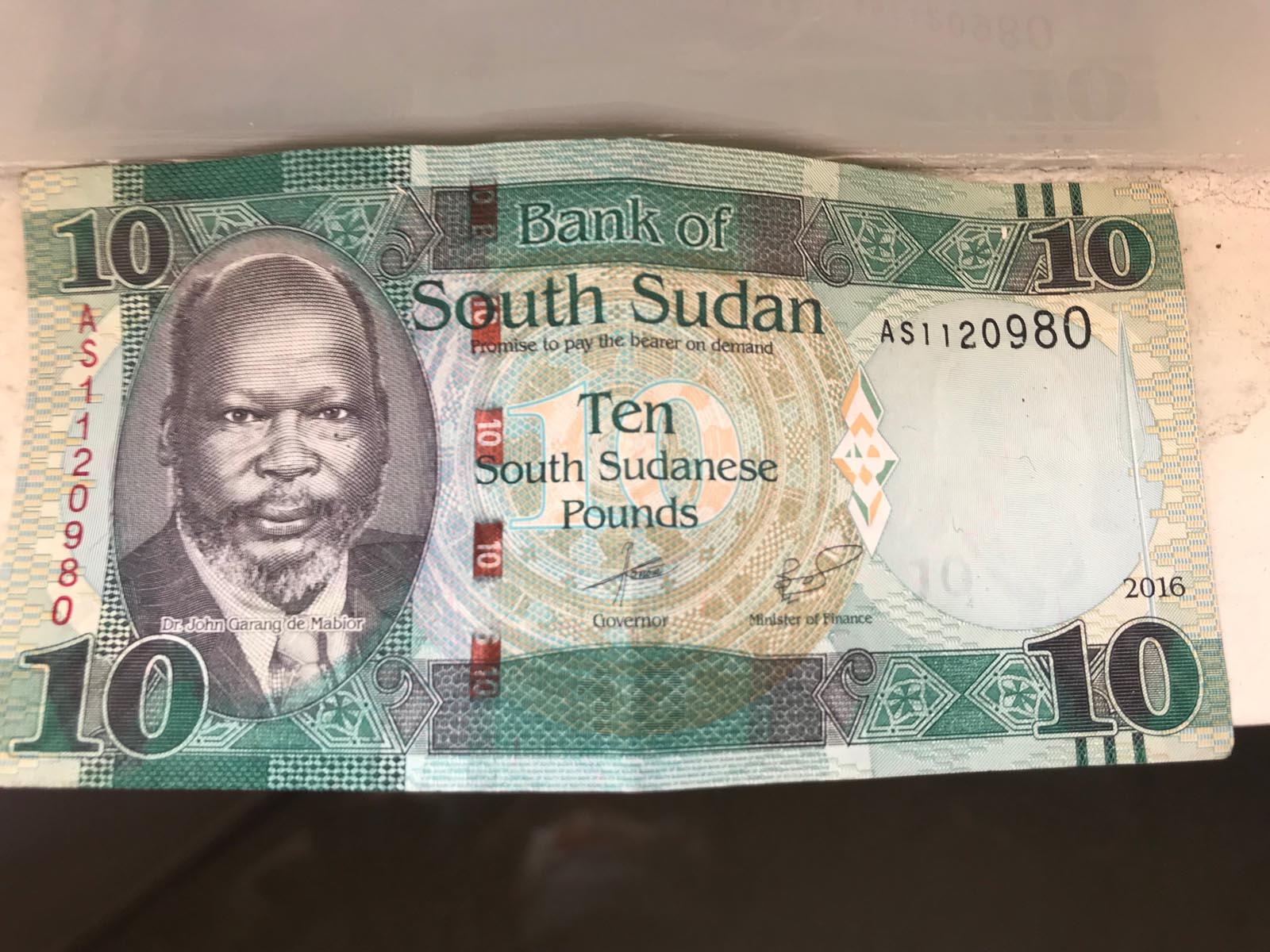
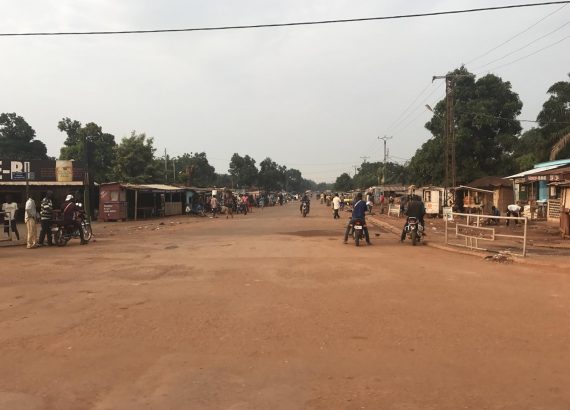
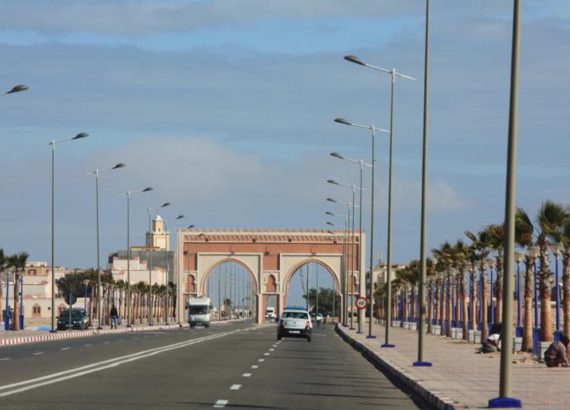
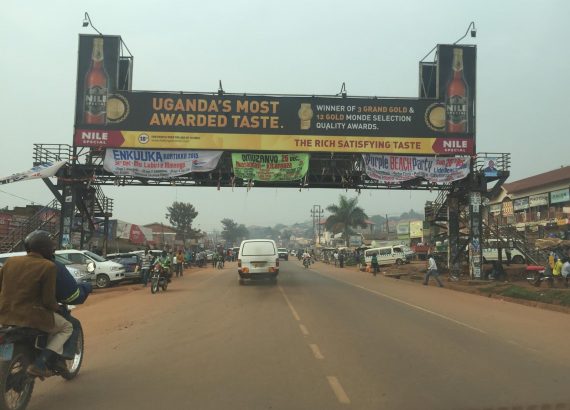
No Comments